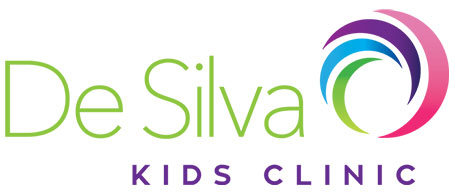Sometimes, saying ‘no’ is almost like a reflex when we are trying to stop our children from doing something. Sure, it does stop them, but it doesn’t actually help a young child learn what he/she needs to do instead.
There are many reasons WHY it doesn’t teach/inform a child:
- Confusion: ‘No’ is a very confusing word. It can mean “stop”, “wrong”, “that is not the choice”, “there isn’t any left”, “later”, “time to stop or finish” or “you don’t want it”
- Behaviour escalation: the word ‘no’ will often escalate to behaviours, such as screaming, crying or hitting, rather than reducing them.
- Literal meaning: some children are very literal so when an adult says “no juice”, the child may think that there will NEVER AGAIN be juice. However, the adult really meant was the juice was ‘all gone’ or that the child could have it later
- Positive response: If your child nag you long enough adults frequently change a negative respond into a positive one. In this situation, the child learns ‘no’ can also mean “yes” or “maybe”
- Use escalation: Once an adult starts to use ‘no’, its use may escalate. When ‘no’ is overused – children frequently stop responding to it. This may have consequences if a child does not respond appropriate in an emergency
Parents might ask, but what else can I say?
Focus on telling the child what you want him/her to do rather than focusing on what he is not to do. For example, if he rushed into the bathroom and started to play with the taps, rather than saying “no”. Say “first toilet, then wash hands”. OR if she rushed to the table to eat food without cleaning up her toys first, rather than saying “no”, say “first pick up toys, then food”.
Other words that can be used instead of ‘No’ are:
- Wait
- All finished
- All gone
- I don’t want it
- Can’t go in
- Try again
- Finish
- Later
- Help
- Walk (rather than NO running)
- Stop
These are more supportive and directive for the child and don’t elicit negative behaviours. It’s always easier for the child to understand what TO do rather than what NOT to do. Give it a go!
Written by Didem Karademir, Speech Pathologist


